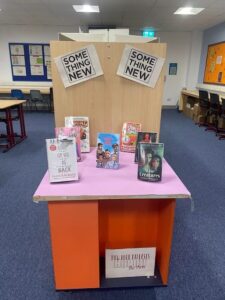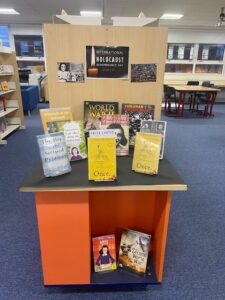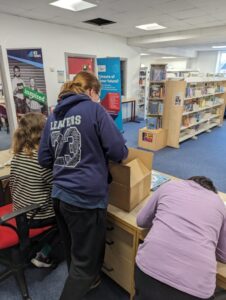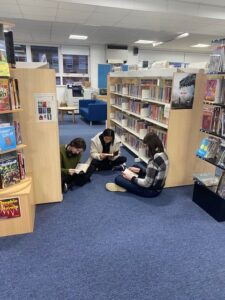Children’s Mental Health Week takes place from 5–11 February 2024. This year’s theme is ‘My Voice Matters’, which is all about empowering children and young people to express themselves.
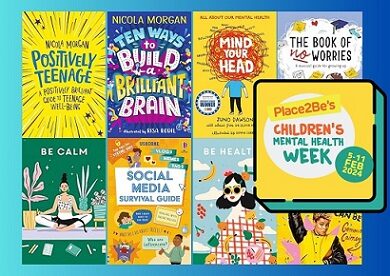
To mark the week, this month in school we’re highlighting books from our ‘shelf help’ collection. School libraries have a great range of mental health and well being books available for pupils. These titles are chosen to support young people in building resilience and self-esteem, as well as managing anxiety and overall mental health.
 You have the power : find your strength and believe you can/ Leah Williamson
You have the power : find your strength and believe you can/ Leah Williamson
Join Lioness Leah Williamson, Arsenal and England women’s football player, as she shows girls that they can be a leader at any age, and that huge things can happen when they believe in themselves!
Dare to be you / Matthew Sayid 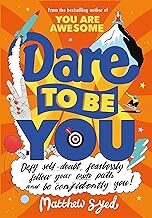
What would you dare to try if you stopped worrying about fitting in?
When you stop doubting yourself, embrace change and let your kindness loose, you become your own action hero. This groundbreaking, practical and positive book will help kids develop the inner confidence to grow into happy adults who know – and, more importantly, LIKE – themselves.
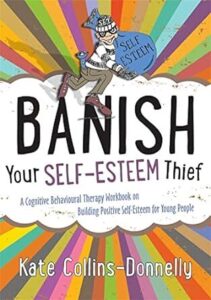 Banish your self-esteem thief : a cognitive behavioural therapy workbook/ Kate Collins-Donnelly
Banish your self-esteem thief : a cognitive behavioural therapy workbook/ Kate Collins-Donnelly
Packed with activities and real-life stories, this imaginative workbook will show you what self-esteem is, how it develops, the impact it can have and how all this applies to your own self-esteem
Yes you can : ace school without losing your mind / Natasha Devon 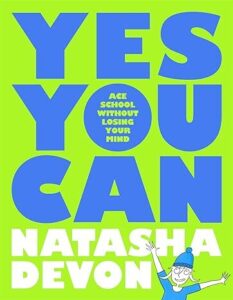
Secondary school can seem overwhelming – but it doesn’t have to be. Natasha Devon uses her expertise to show you how to navigate school and stay calm in the face of exams. Learn how your brain works, what kind of learner you are, and how to deal with exam days with the help of mindfulness.
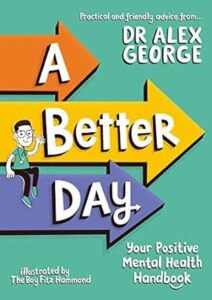 A better day : your positive mental health handbook/ Alex George
A better day : your positive mental health handbook/ Alex George
A positive, accessible and practical toolkit guiding young readers in how they can care for their mental health with confidence.From peer pressure and exam stress to online trolls and anxiety, life is full of ups and downs. But there are ways we can stay on top of our mental health – including overcoming stigma, talking about our feelings, developing resilience and switching our mindset.
Fighting invisible tigers : stress management for teens/ Earl Hipp 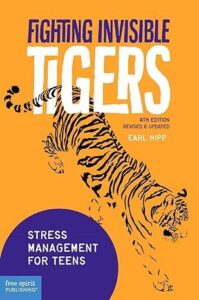
This book offers proven techniques that teens can use to deal with stressful situations in school, at home, and among friends. They’ll find current information on how stress affects health and decision making and learn stress-management skills to handle stress in positive ways—including assertiveness, positive self-talk, time management, relaxation exercises, and much more. Filled with interesting facts, student quotes, and fun activities, this book is a great resource for any teen who’s said, “I’m stressed out!”
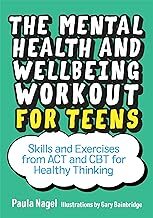 The mental health and wellbeing workout for teens
The mental health and wellbeing workout for teens
Informed by the experiences of teens themselves, this friendly guide gives practical tips and strategies on how to overcome everyday stresses and ditch negative thinking ‘frenemies’ before they develop into more serious issues. Teens will be better equipped to recognise negative thoughts and emotions, monitor their mood and behaviour, and flex their positive thinking muscles in order to combat the mental health blips we all face sometimes.
You can browse for more books in the ‘mental health and well being’ section of our school library book lists.

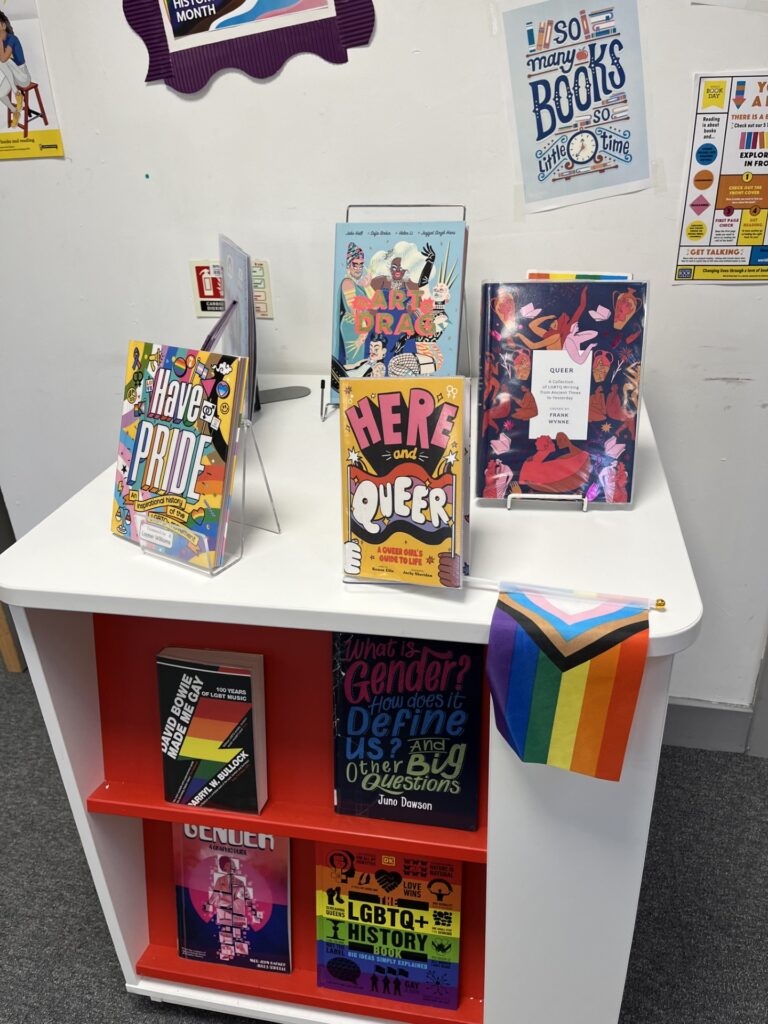

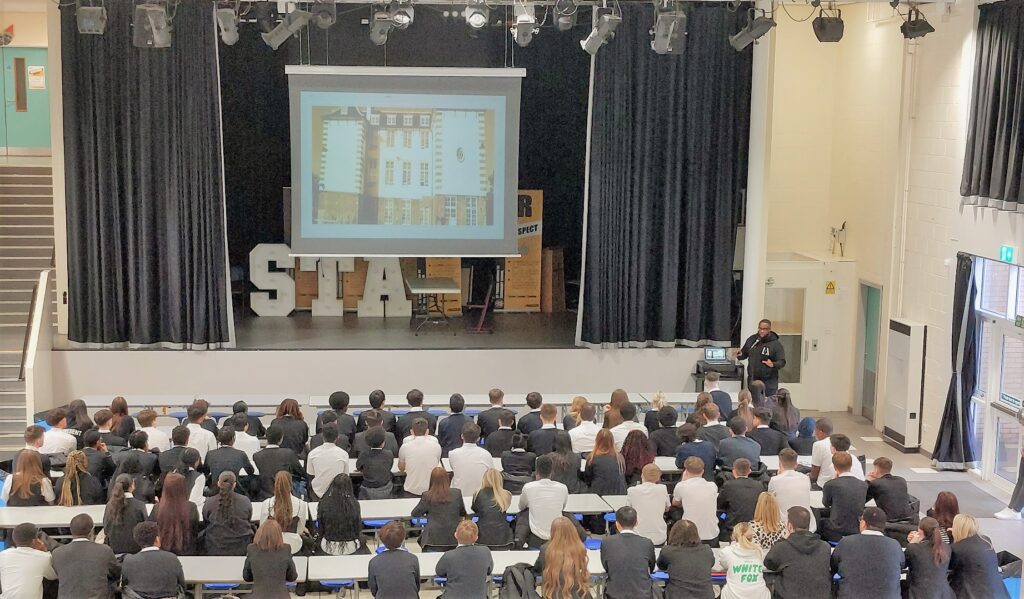
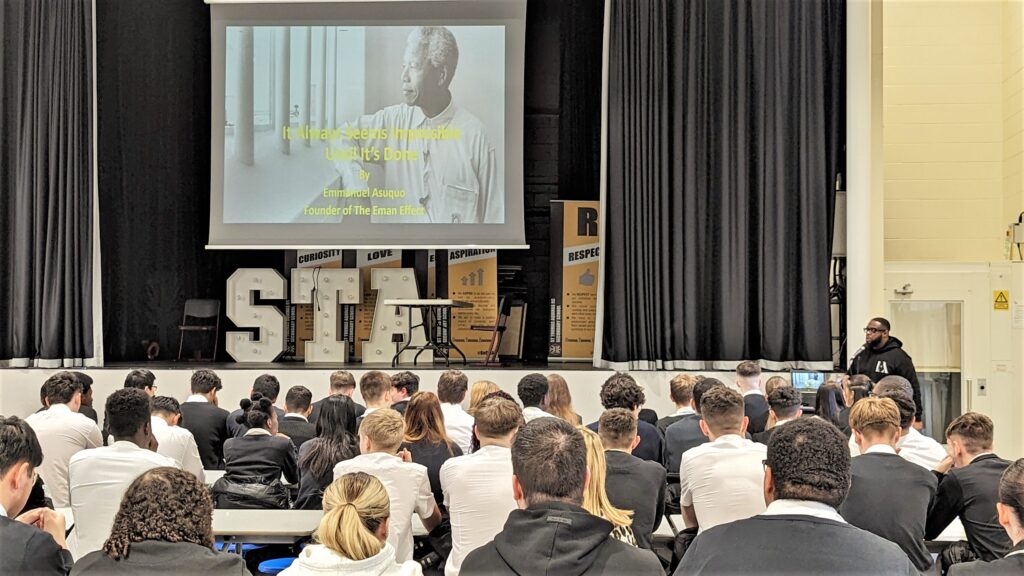
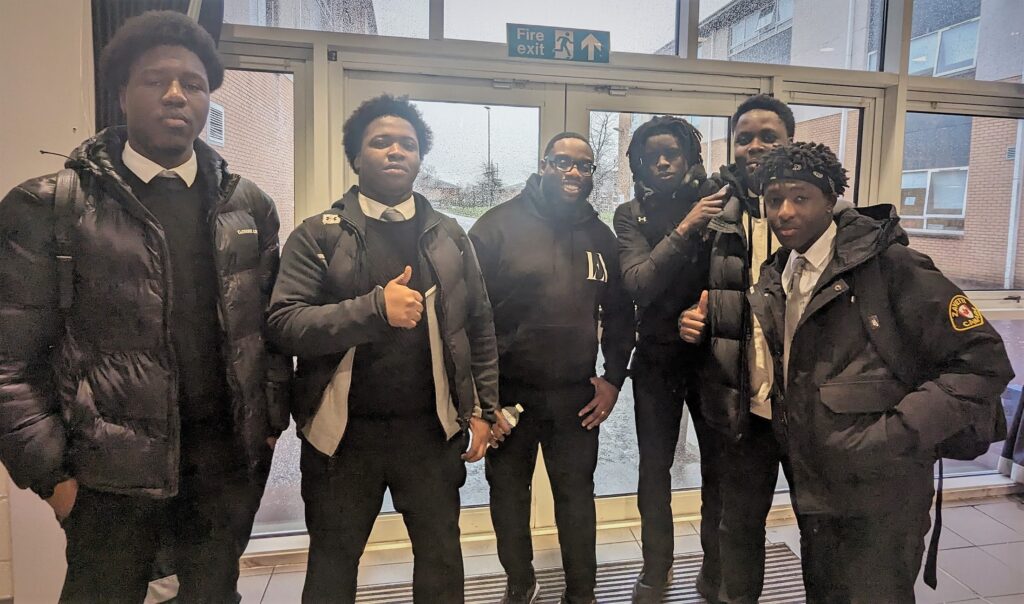
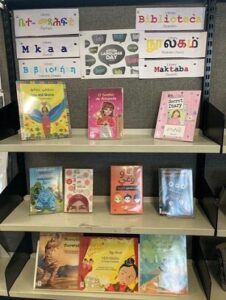
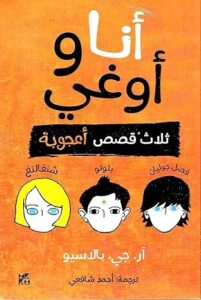
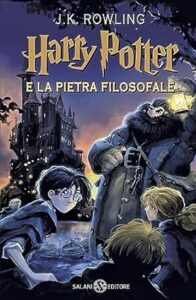
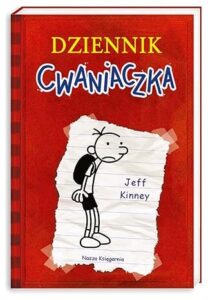
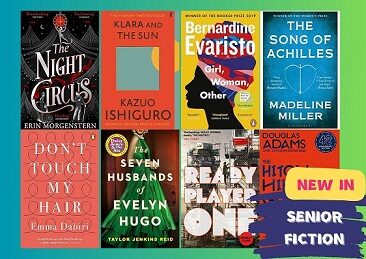
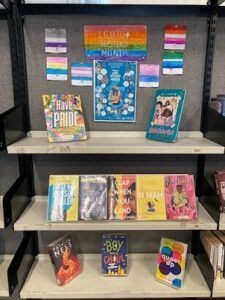 LGBT+ History Month
LGBT+ History Month
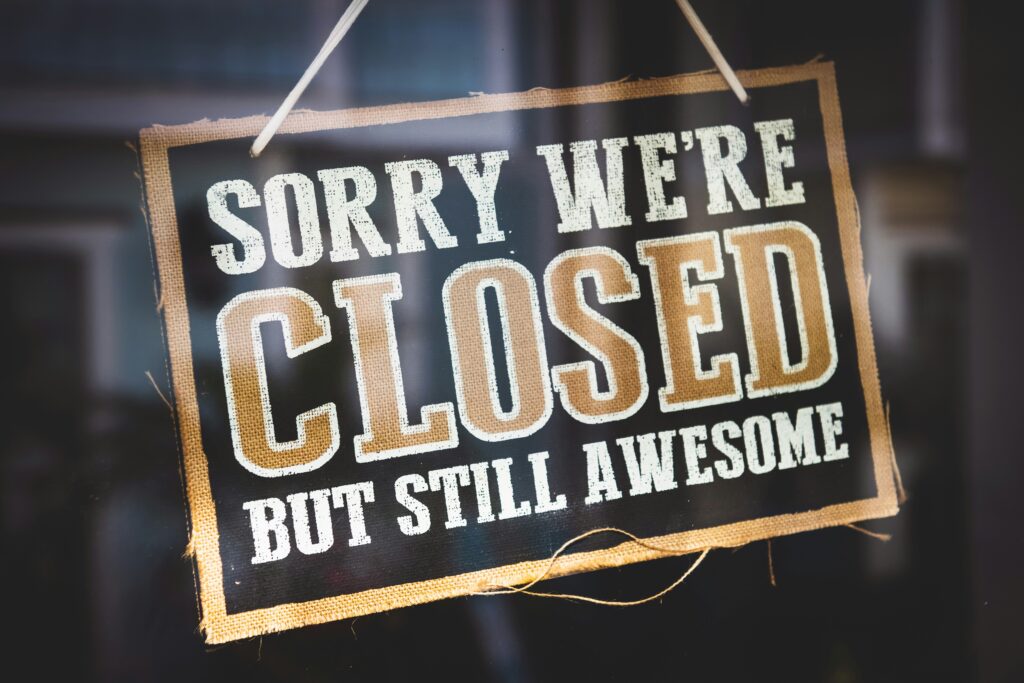
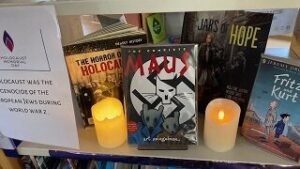
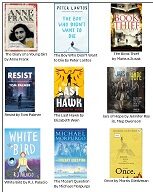
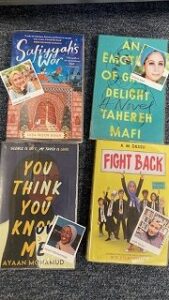

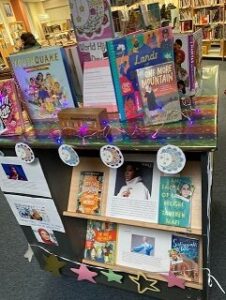

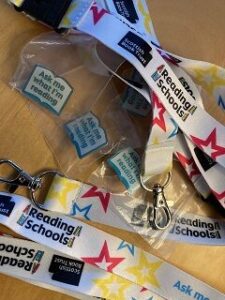

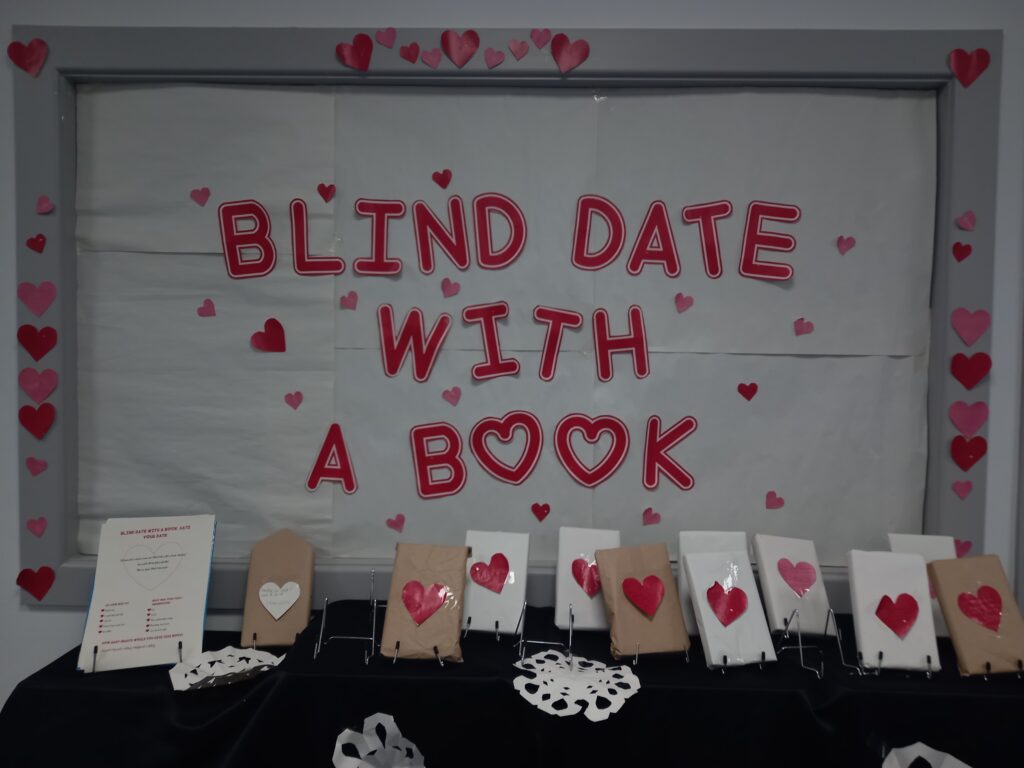
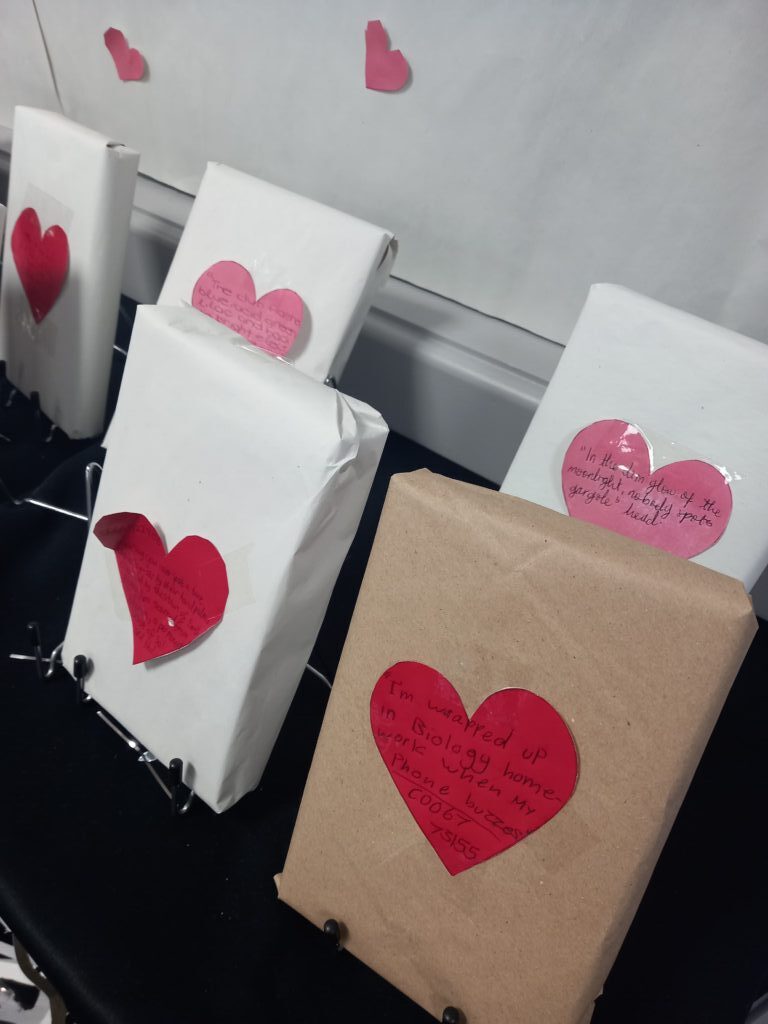
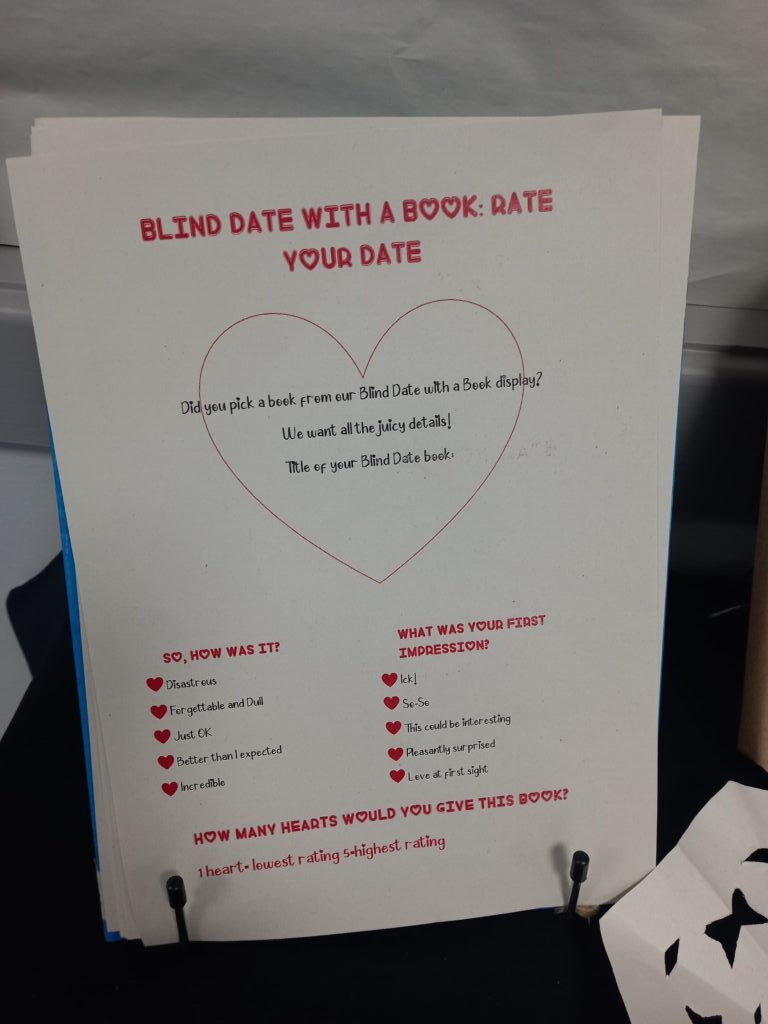



 Banish your self-esteem thief : a cognitive behavioural therapy workbook
Banish your self-esteem thief : a cognitive behavioural therapy workbook
 A better day : your positive mental health handbook/ Alex George
A better day : your positive mental health handbook/ Alex George
 The mental health and wellbeing workout for teens
The mental health and wellbeing workout for teens